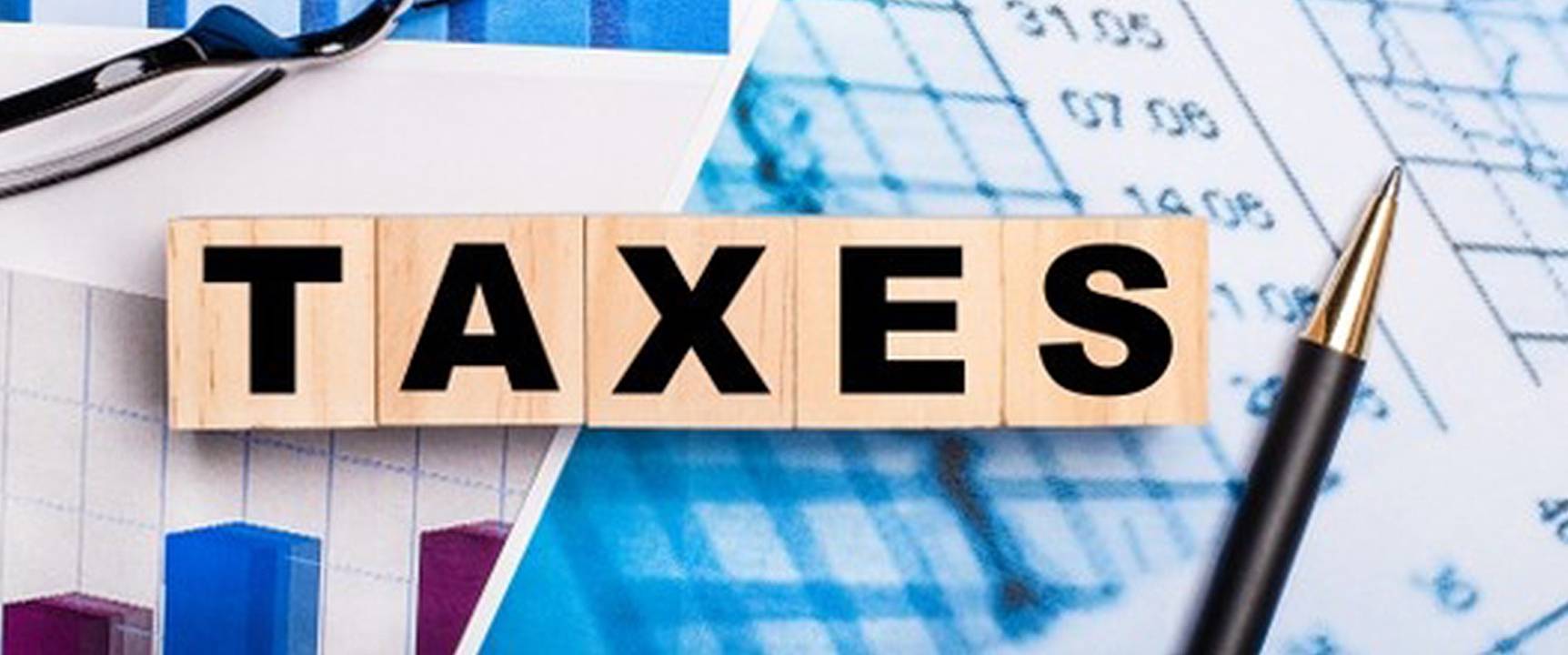
Taxes in Thailand – An overview of taxes in the Kingdom
Have you decided to follow your dreams and move to Koh Samui, exotic tropical island paradise? That is great, wonderful. No doubt it all seems so different, so far away from your old life – an adventure even. Yes, that is true but you should know some things are not that different. In fact, in our globalised economy, they are remarkably similar. We are talking about taxes. Yes, if you own property, live long term, work or run a business in Thailand you will be required to pay taxes in the Kingdom. And as Richard Nixon said, “Make sure you pay your taxes; otherwise you may get in a lot of trouble.” Here is an overview of the main categories of taxes which you will need to be aware of.
Personal Income Tax
If you are earning an income in Thailand and spend more than 180 days in the country each year you will need to pay personal income tax starting at a rate of 5% for annual incomes of more than THB150,000 up to a rate of 35% for incomes exceeding THB5 million per year. Personal income tax returns must be filed by March 31 for the previous financial year. Thailand has double taxation agreements with 60 countries so no need to pay twice for most foreigners. Employees are also required to contribute 5% of their monthly compensation (up to a maximum monthly contribution of THB750) to government Social Security.
VAT (Value Added Tax)
The current VAT rate in Thailand is 7% and is levied on the sale of goods and the provision of services. Most basic daily items are exempt. Companies with an annual revenue exceeding THB1.8 million must register for and pay VAT on goods and services sold.
Company Income Tax
The base corporate tax rate is 20% of net taxable profits. Small and Medium Enterprises (SMEs) with paid-in capital not exceeding THB5 million and income not exceeding THB30 million per year will pay 0% if annual profits are less than THB300,000 and 15% on taxable profits over THB300,000 but less than THB3 million and at the rate of 20% on incomes above this amount.
Land and Building Taxes (introduced in 2020)
Of particular relevance to those of you buying a property is the Land and Building Tax Act, which came into effect on 1 January 2020 and replaces the House and Land Tax and Local Development Tax Acts. Under the Act, both individual and juristic persons who have ownership, possessory, or usage rights over land or buildings (including condominium units) are required to pay land and building tax to the local administrative authorities. Payment is due in April of each year. The official assessed value of the land, building, or condominium unit, as determined by the government authority for the purpose of collecting registration fees under the current Land Code, will be used as the basis for calculation of the land and building tax.
There are 4 categories of tax rates based on use; Agricultural, Residential, Commercial, and Vacant Land. Each category has different ceiling rate of tax depending on the value of the property. However, any foreign entity will be considered under Commercial section with below tax rates:
Commercial - with a tax ceiling of 1.2%. There are 5 tax rates:
0.3% for land and / or building valued at THB1 million – THB50 million;
0.4% for land and / or building valued at THB51 million – THB200 million;
0.5% for land and / or building valued at THB201 million – THB1 billion;
0.6% for land and / or building valued at THB1 billion – THB5 billion; and
0.7% for land and / or building valued at more than THB5 billion.
* In 2020 and 2021 all property owners were given 90% off all tax rates.
So there you have it – well, at least an overview of what to expect with regard to taxes in Thailand. As
the American newspaper advice columnist Ann Landers so aptly wrote decades ago - “A person doesn't know how much he has to be thankful for until he has to pay taxes on it.” Or looking at it another way, paying taxes makes you realise how thankful you should be. Well, maybe not. But still, taxes are not excessive in Thailand and by paying these you know you are contributing to the further growth and development of the country you have decided to make second home.
Please Note: Information provided in this article is meant as a general introduction and guide only. Topics discussed are based on the situation at the time of publication and personal interpretations of editor. As tax laws and regulations do change Sunway Samui strongly recommends you contact a reputable law firm and/or accounting firm, and tax consultant for personalized and professional advice.
26.03.2021


